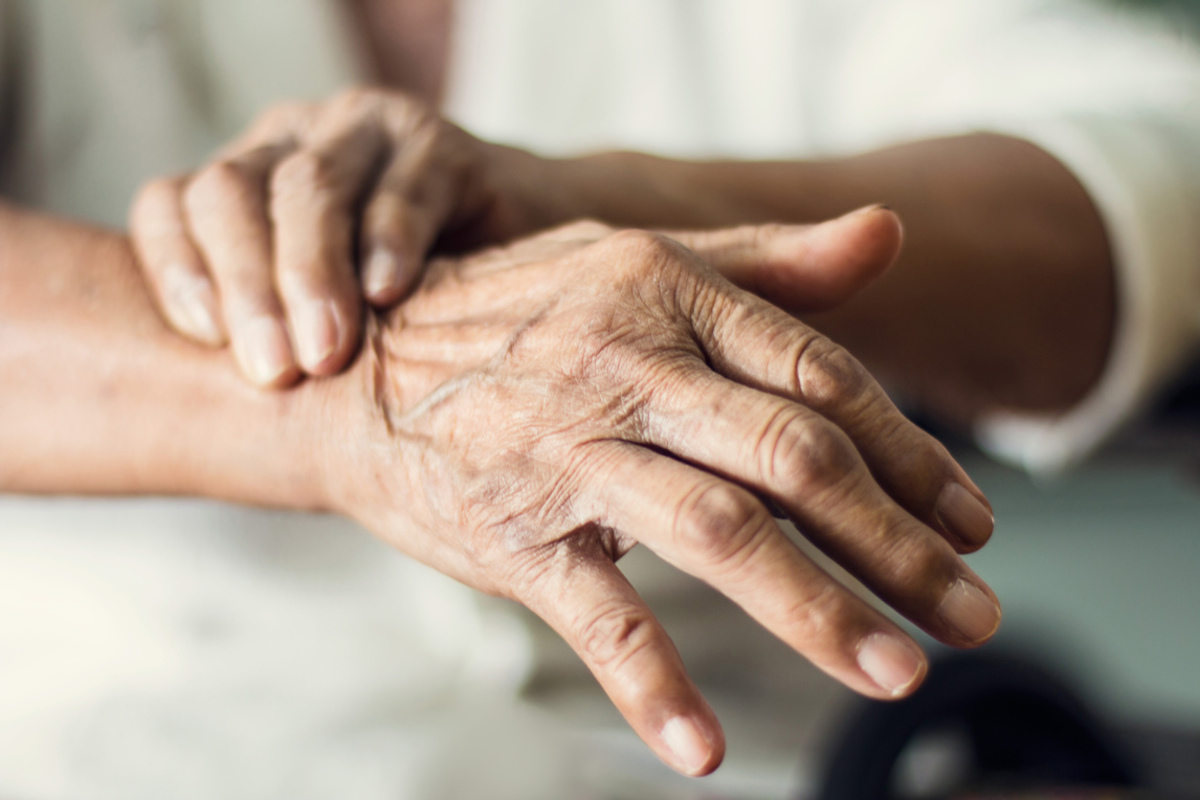Bladder control can become problematic in any aging person — the muscles in the bladder wall begin to weaken and the nerves along the bladder tract no longer function as strongly as they once did. As a result, there are times when a person may urinate unexpectedly —maybe after a cough, sneeze, or laugh.

The link between Alzheimer's disease and incontinence
The urinary system is a complex interplay of musculature, pressures, and nerve signals that work in tandem to help control our urinary and defecation patterns. With any condition that affects the brain significantly, this delicate balance begins to become harder and harder to coordinate because the regions of the brain tasked with performing these tasks die out.
Alzheimer's Disease and Parkinson's Disease are two of the most common conditions associated with brain damage that will eventually result in severe incontinence. One study determined that urinary and bowel incontinence will present in late-stage Alzheimer's disease but in the earlier stages of Parkinson's Disease. This suggests that the area of the brain where Parkinson's Disease is most localized has a large influence on bowel control. Alzheimer's disease is associated with diffuse brain degeneration. Although it may not be present in the early stages of the disease, brain activity will decline across the board and incontinence will ensue as the brain continues to worsen.
At this stage of the disease, patients will typically already experience numerous other deficits that can make life hard for everyone involved in treatment. Significant memory impairment will occur, personalities can change dramatically, and the patient with Alzheimer's disease will likely be unable to carry out everyday activities independently. Full-time assistance becomes necessary and in many cases, family members will seek outside help such as nurses to help cope with these newfound responsibilities.
The cascade of incontinence will typically begin with urinary incontinence. This system is more sensitive to changes in the brain, so patients will initially have a harder time controlling their urine. As the disease progresses, it will become harder and harder for patients to be able to control their bowel movements. Defecation is largely managed by muscles that control the anal sphincter. This is a type of valve that naturally opens when you feel the need to go to the bathroom. Without the coordination of the brain and musculature, this sphincter will be unable to constrict and relax at will and bowel incontinence will follow.
Potential treatments for incontinence in people with Alzheimer's disease
Treatment options may become difficult for patients, considering the fact that they already likely have a severe form of Alzheimer's once these types of symptoms present. Because the problem is rooted in the fact the brain is degenerating, few treatments can help from a medication standpoint.
Some other options may benefit people with Alzheimer's suffering from incontinence. For example, due to the frequency of unexpected episodes as the disease worsens, it is important to prepare prior to any trips away from home. Having a few extra articles of clothing available any time away from home is a good solution. Even if a person suffering from Alzheimer's disease may not be able to control their bowel habits like they once did, it is still a point of distress for these patients because they are aware they have soiled their clothing. Pack a bag with some extra clothing for even a simple trip to the supermarket.
Another useful intervention that can help reduce some episodes of incontinence can be allowing a patient with a history of incontinence time to go to the bathroom beforehand. Due to the irregularity in the genitourinary system from brain destruction, a patient with Alzheimer's is not typically able to completely empty their bladder or anal canal in one trip to the bathroom. When preparing to leave the house or the nearest bathroom for any length of time, make sure you plan for an additional 15 to 20 minute trip to the bathroom prior to leaving so the person suffering from Alzheimer's is able to empty out their bladder as fully as possible.
The last useful measure that would provide immediate relief for a patient suffering from Alzheimer's would be to utilize adult diapers to help prevent clothes from being soiled. Numerous studies have also shown that although patients with Alzheimer's disease may initially be opposed to wearing this type of product, the psychological relief and comfort of these adult diapers will drastically improve the quality of life in this type of patient.
As a note of caution, many family members request simple fixes to the problem, such as constant urinary catheterization. Although this will allow a patient to urinate into a bag on their own and provide independence once again, these types of devices are designed to only be used for a short period of time in urgent situations.
Constant catheterization is a vector that can lead to severe urinary tract infections and will almost always result in a long stay in the hospital. Understandably, this is a very trying time for close friends and family who suffer when they see their loved one progressively worsen. The best thing to do is remember to be patient and understanding that these incontinence episodes are entirely involuntary. Catheters may be a quick fix, but if you become frustrated and stressed out with all this responsibility, it is best to seek outside help in the form of a nurse to help care for the patient safely and comfortably.


Your thoughts on this